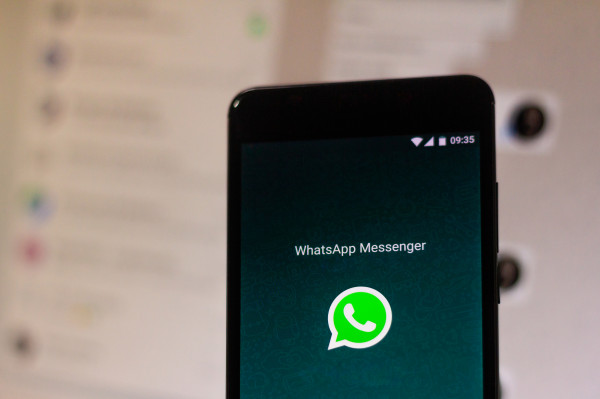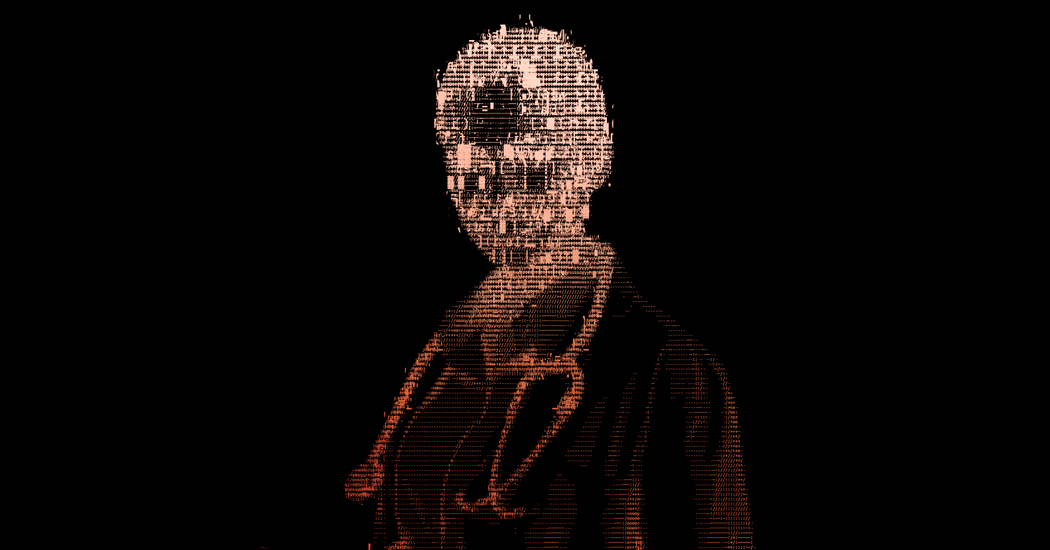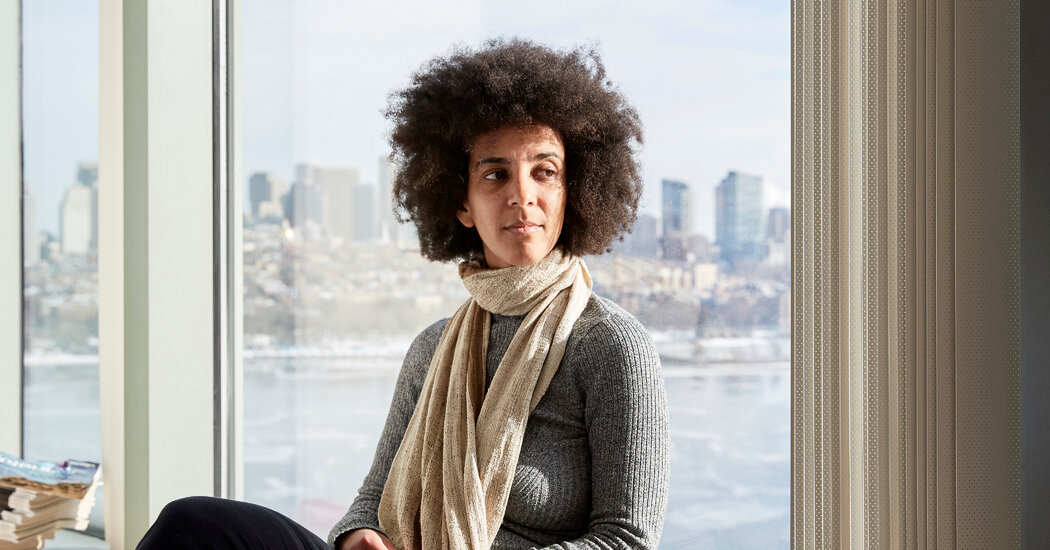WhatsApp, the most popular messaging app, revealed today just how big it has become. The Facebook -owned app said it has amassed two billion users, up from 1.5 billion it revealed two years ago. It also remains free of ads and does not charge its users any fee.
The announcement today makes WhatsApp only the second app from Facebook to join the two-billion-users club. (Facebook’s marquee app has 2.5 billion users.) In an earnings call in late January, Facebook also noted that that there were 2.26 billion users that opened either Facebook, Messenger, Instagram or WhatsApp each day, up from 2.2 billion last quarter. The family of apps sees 2.89 billion total monthly users, up 9% year-over-year.
WhatsApp, founded 11 years ago and sold to Facebook for $19 billion six years ago, took the opportunity today to reiterate that it is committed to providing end-to-end encryption to its customers all over the globe — a crucial feature lauded by security experts everywhere but something that many governments are increasingly trying to contest.
“Strong encryption acts like an unbreakable digital lock that keeps the information you send over WhatsApp secure, helping protect you from hackers and criminals. Messages are only kept on your phone, and no one in between can read your messages or listen to your calls, not even us. Your private conversations stay between you,” WhatsApp wrote in a blog post.
Among the governments that are attempting to force WhatsApp into dropping encryption is India (which happens to be WhatsApp’s largest market, with 400 million users), Australia and the U.S.
Will Cathcart, the chief executive of WhatsApp, has said in the past that the messaging platform will fight for the privacy of its users. This was on display last October, when WhatsApp filed a suit in federal court accusing Israeli mobile surveillance maker NSO Group of creating an exploit that was used hundreds of times to hack into targets’ phones.
“Strong encryption is a necessity in modern life. We will not compromise on security because that would make people less safe. For even more protection, we work with top security experts, employ industry leading technology to stop misuse as well as provide controls and ways to report issues — without sacrificing privacy,” the company said today.
The two-billion milestone is a big feat for WhatsApp, which gained immense popularity without any marketing in developing markets such as India, where calls and texts were fairly expensive for most people. There is no app in India today that has a greater penetration than WhatsApp, for instance.
But even as WhatsApp has amassed all the users in the world, it is still struggling to make any substantial contribution to Facebook’s bottom line. In recent years, WhatsApp has introduced tools for businesses to connect with their customers. But something even more interesting has happened in the meantime.
Scores of startups in developing markets today are building businesses around WhatsApp. Vahan, a Y Combinator-backed startup, uses WhatsApp to help delivery startups find blue-collar workers. Digi-Prex, a Hyderabad-based startup, runs an eponymous online subscription pharmacy to serve patients with chronic diseases. Patients share their prescription with Digi-Prex through WhatsApp and the startup’s workers then deliver the medication to them on a recurring cycle.
But this immense popularity has also created other challenges for WhatsApp. The platform has been used to spread false information that has resulted in gruesome fatalities in real world. WhatsApp has rushed to make product changes and run campaigns to educate users, but it’s a long battle.
![]()
Manish Singh
Source link


